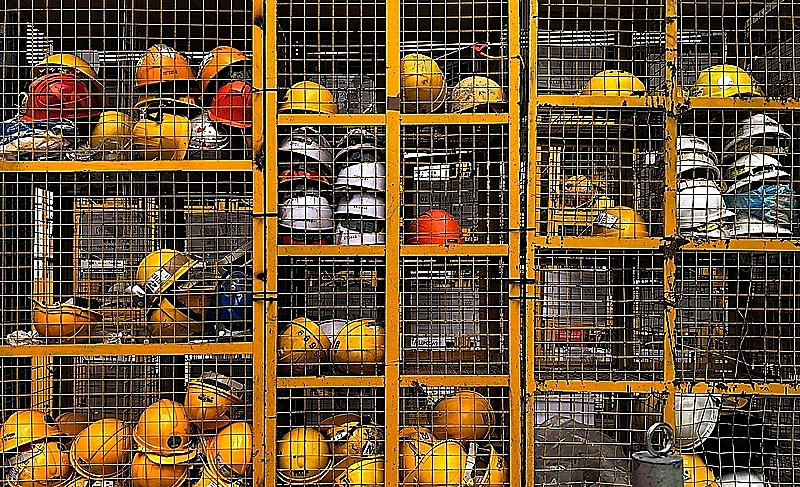RIO DE JANEIRO, BRAZIL – Economic crises like the one caused by the Covid 19 pandemic affect workers in different ways, and the impact on employment and wages for the average Brazilian worker can last up to nine years after the outbreak, the World Bank finds. The findings are contained in the report, “Jobs in Crisis: A Path to Better Jobs in Post-Covid-19 America,” released today.
According to the document, while some workers are recovering from involuntary job losses and other livelihood shocks, for others, working lives are permanently scarred by such events.

“While in Brazil and Ecuador, workers with higher education do not suffer the effects of a crisis in terms of wages and experience only short-term effects on employment, the effects on employment and wages of the average worker persist for up to nine years after the onset of the crisis.” In this scenario, new entrants to the labor market have a worse start to their working lives from which they cannot recover.
The World Bank argues that crises not only shape worker flows temporarily, but also have a significant impact on the employment structure for several years after the crisis. “The main macroeconomic aftermath of crises persists for many years, leading to long and significant declines in formal employment rates.”
The report assesses how crises change labor market flows in Latin America, how the changes affect workers and the economy and identifies the main policy responses. According to the text, the pandemic has made it even more urgent to adopt adequate policies to support recovery.
Highlighting that informal workers are not covered by traditional unemployment insurance, the document says that expanding transfer programs that focus on the needs of families – rather than whether the lost job was formal or informal – “can have a complementary and basic ‘stabilizing’ role in supporting local demand.
For the World Bank’s senior economist for Brazil, Matteo Morgandi, the country has an “important and well-established” unemployment insurance system, but it is “a bit different from international standards” in that it has larger amounts and a shorter duration. T
herefore, the fiscal cost is a little higher than it could be. He also emphasized that there is poor coordination with FGTS and other benefits.

